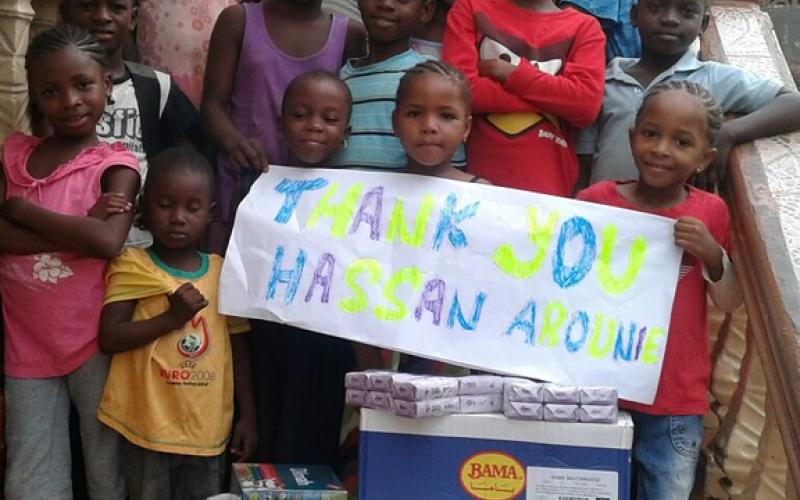
The Ebola outbreak of 2014, declared a global health emergency, has finally shown signs of slowing down. Children who fell victim to the crisis, however, are continuing to become orphaned due to the loss of family.
Although they have survived a deadly disease, the battle is not considered over for them yet. A high number of children who survive Ebola end up without loved ones or a place they can call home. More than ten thousand of these orphans have lost one or both parents to the virus.
One result of this is the shutting down of schools in order to prevent the deadly virus from spreading. Children are drafted into hard labor and sometimes rejected by their communities when trying to return home.
Children are seen to be contagious and more likely to carry the virus, which is why other families may be reluctant to take them in. A larger number of teenagers could end up on the streets involved in crime and adolescent pregnancies. One concern is that children who are adopted may only be used for trafficking or exploited for work. In some group homes, records are lost easily and sometimes a child can disappear, and no one would realize it.
Other concerns for include the now collapsed healthcare system and psychological damage impacting children caused by the loss of loved ones. Many of these children are especially in need or support and attention, but end up feeling unwanted or abandoned. Children orphaned by Ebola are affected by this in an increasing number, because of the way the disease is stigmatized in some communities.
According to UNICEF, the closing of schools affected the education of about five million children, most of whom are estimated not to return.
What is being done? So far, the search has already begun to fine new, viable homes for suffering children. Homes where children will feel a sense of unity and belonging, as well as find potential family and friends to make up for what they lost. Some orphans are sent to care centers, which provide temporary housing and shelter.
These shelters will then try to find homes for them, sending them back to relatives who had first rejected them. Oftentimes, authorities are able to clear the children and assure family members that there is no further risk of disease.
UNICEF is creating a network through which people can trace members of their family and help find living relatives. This is greatly helpful to children who have no surviving family members in their local community.They continue to train social and healthcare workers to help out children, some of whom are Ebola survivors themselves. Education teams are also making efforts to ensure the schools have adequate sanitation and hygiene equipment so that they can reopen. Teachers are being trained on safety procedures, and students that go back to school are screened for health issues.
In addition, DevelopAfrica has created Dream Home, an house for confirmed Ebola orphans. They are in the process of providing schooling, as well as clothing for the children they receive. A website has been set up at http://thedreamhome.net/how-you-can-help for people who wish to help to provide donations. Every donation or attempt to provide service will benefit the orphans living at Dream Home and improve their daily lives.
Those taking part are optimistic that they will be able to relocate children into loving homes and help them recover from the tragedy that made many of them lose their families.
References
"Ebola Outbreak, Save the Children"
http://www.savethechildren.org/site/c.8rKLIXMGIpI4E/b.9187887/k.9CB7/Helping_Children_Survive_the_Deadly_Ebola_Outbreak_in_Africa.htm
"Finding Homes for Ebola's Orphans"
http://news.nationalgeographic.com/2015/01/150203-ebola-virus-outbreak-epidemic-sierra-leone-orphans/
"Homes and Hugs for West Africa's Ebola Orphans"
http://www.unicefusa.org/stories/homes-and-hugs-west-africas-ebola-orphans/20971
"An Ebola Orphan's Plea in Africa"
http://www.nytimes.com/2014/12/14/world/africa/an-ebola-orphans-plea-in-africa-do-you-want-me.html


